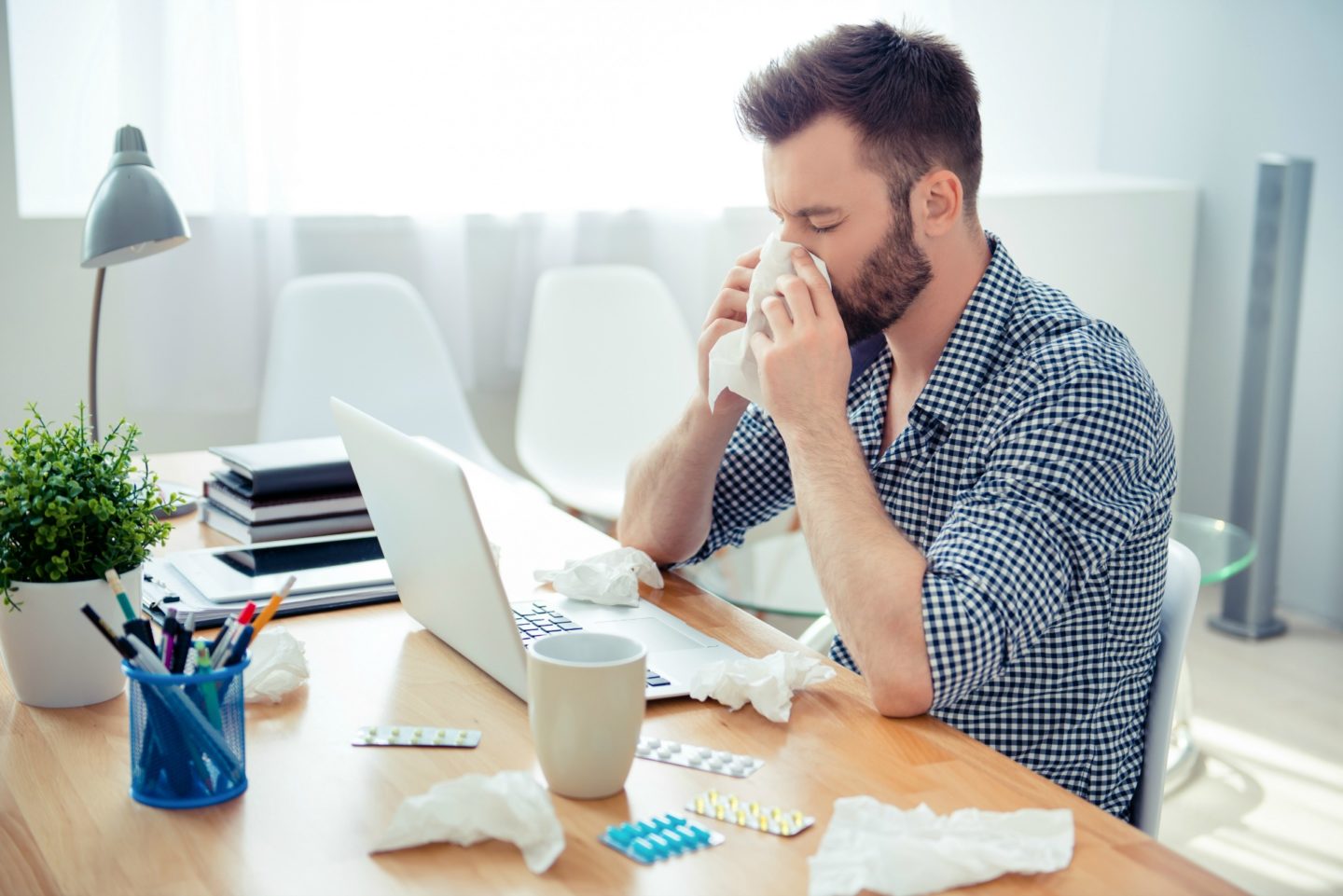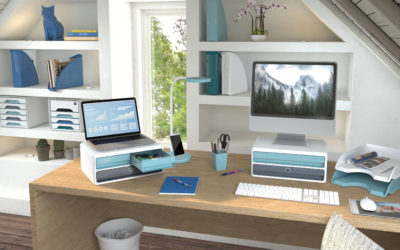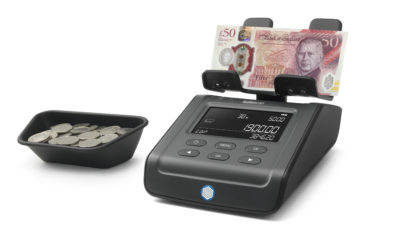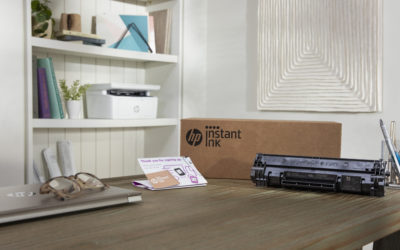An infectious illness can spread through an office like wildfire. But with the pressure of upcoming deadlines and the need to get jobs done, many people will come into work regardless of how they feel. A survey of 3,000 employees by Staples found that 31% of office workers have come into work, knowing full well they had an infectious illness.
61% of employees who came into work when sick said it was due to them having “too much work”, while 28% said it was because they weren’t able to work remotely.
Monica Mauri, VP, Head of HR Staples Europe, commented on the findings: “What we’re seeing is a worrying number of workers who feel the need to come into the office when sick. Employers need to make employees aware of the importance of staying home when ill, especially when it’s infectious.”
Sick employees can have a negative impact on their own productivity as well as the productivity of others around them. By spreading illness they can also lead to more staff absenteeism due to being unwell which, in turn, adds more to the workloads of other employees.
However, it’s not just sick employees in the office that can cause illness amongst your workforce. The survey found that one in seven workers don’t use soap when they have used the toilet, and one in 50 don’t wash their hands at all, which is crucial to cutting down on germ transfer.
What can you do to help prevent the spread of illnesses and germs in your office?
Desks can also be a breeding ground for harmful bacteria – with keyboards cited as being dirtier than toilets. 72% of people in the survey admitted to eating at their desk, which allows all manner of germs to build up. If you’re someone who takes a quick lunch while you sit and work, you could be unknowingly exposing yourself to a variety of harmful bacteria.
In order to protect you and your employees, it’s essential to put some hygiene rules into play. Encouraging your staff to follow good hygiene practices can help reduce the spread of harmful germs.
It’s also important to encourage staff to eat their lunch away for their desk – ideally in the designated cafeteria or kitchen. Not only will it help with their productivity, it will also reduce the risk of them accidently consuming any harmful germs or adding to the bacteria on their work station.
Creating handwashing guidelines for bathrooms and kitchens, and making staff aware of the reasons why handwashing is important is also essential. Although it may seem like you’re stating the obvious, there is a right and a wrong way to wash hands in order to minimise harmful bacteria that builds up.The Centre for Disease Control recommendations state that people should spend at least 20 seconds scrubbing their hands with soap and warm water, to make sure hands are as clean as possible. With employees constantly coming into contact with others, antibacterial hand wash and properly washed hands are key to preventing the spread of viruses like colds and flu.
It’s also crucial to have the correct cleaning items like washing up liquid, bathroom cleaner and daily floor cleaner so you can keep on top of germs, dirt and grime in the general office environment.
Using a multipurpose cleaner, which can be used on a variety of surfaces such as desks and furniture, can help maintain hygiene standards. Scouring cream can also be useful if there is any dried on food or dirty surfaces in kitchens or on work stations.
Paper towels appear to be more hygienic than hand dryers according to research conducted in several different studies, as they physically remove germs and dry hands quicker. Placing some paper towels in your bathrooms, the kitchen or anywhere else people wash their hands can go a long way to stopping the spread of germs.
Allowing remote working is another great way to combat the spread of germs like cold and flu. While it may not always be practical, allowing an employee to stay home and work when they are contagious will help keep the rest of your workforce safe from illness.
When it comes to workplace hygiene, having everyone on board can help reduce the risk of illnesses. Cleaning a dirty mouse, keeping a clean office desk and ensuring you have all the right cleaning products in place can all go towards decreasing the spread of germs.










